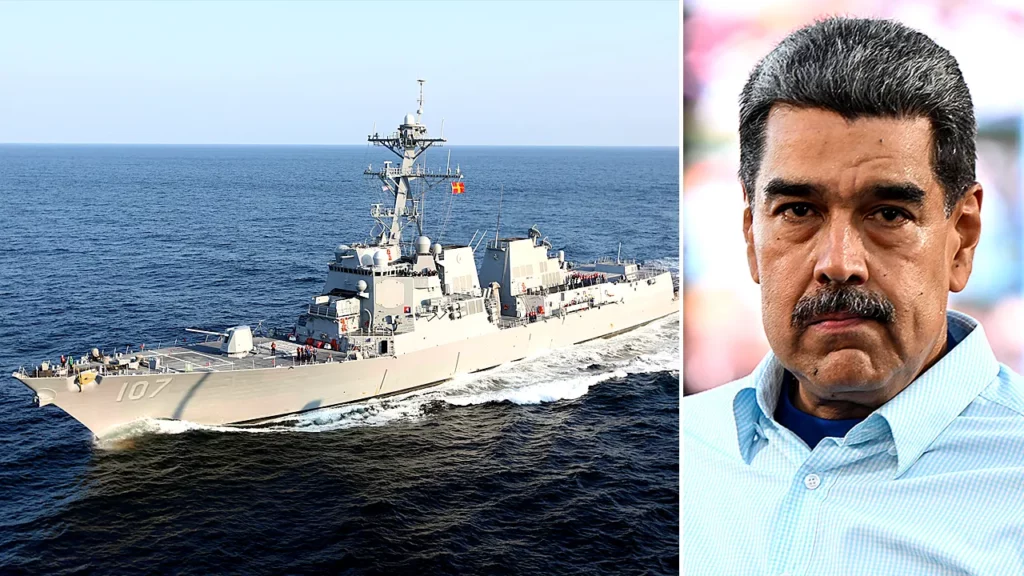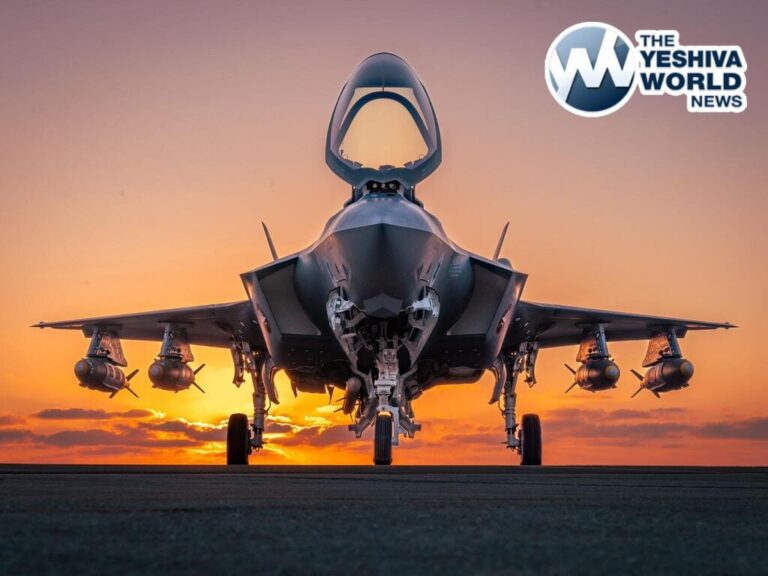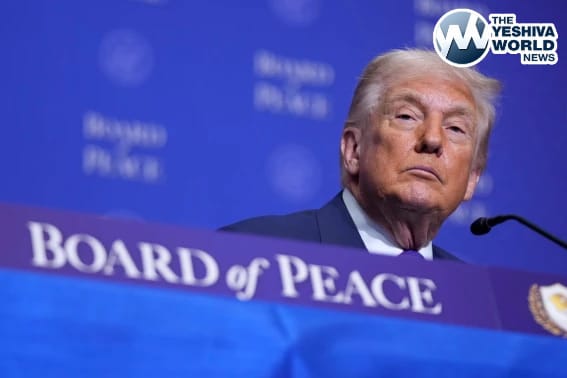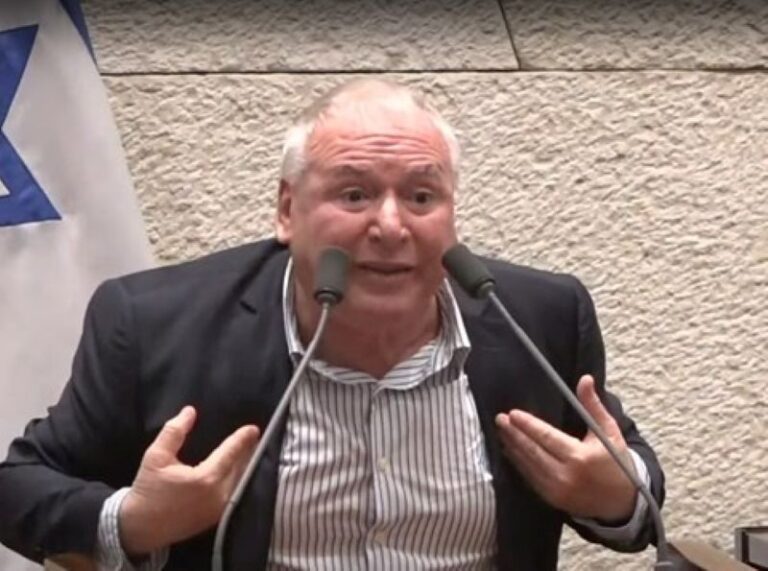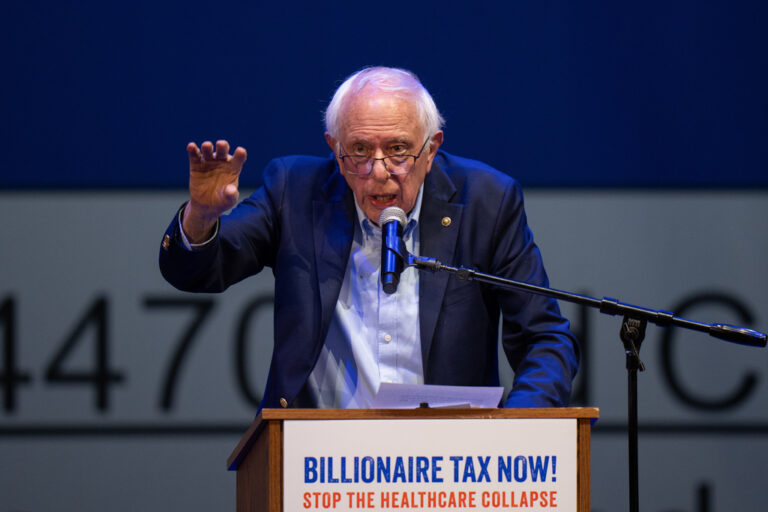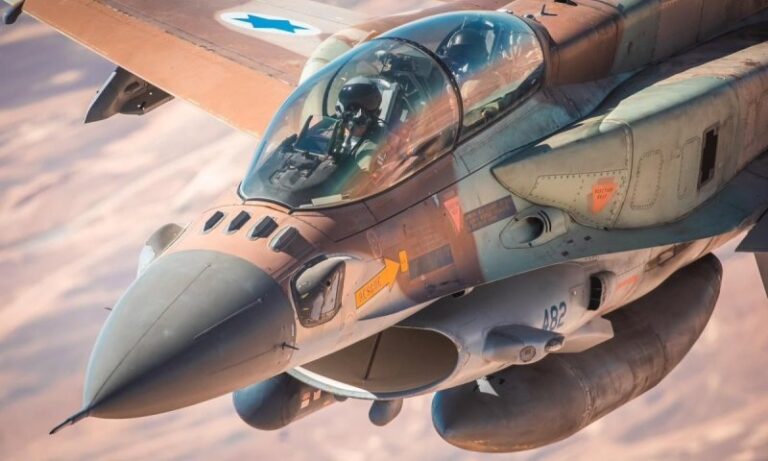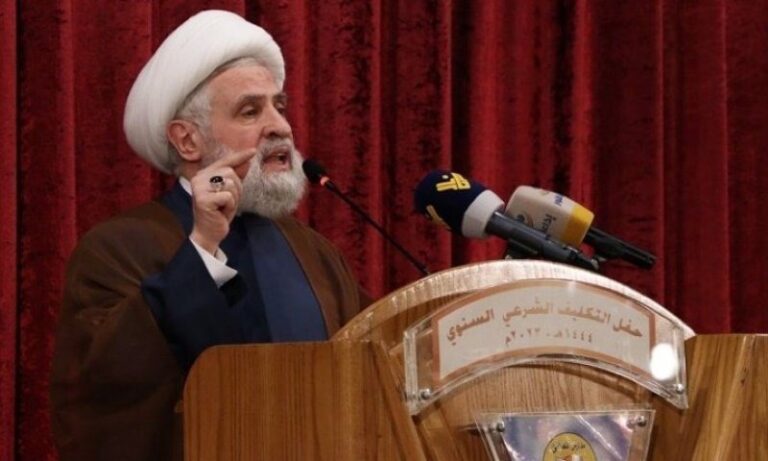The United States and Venezuela are edging close to confrontation, with both governments refusing to back down in a high-stakes showdown that risks sparking the most serious U.S.–Latin America crisis in decades.
On Monday, Venezuelan President Nicolás Maduro announced the mobilization of more than 4.5 million militia fighters, vowing to defend his nation’s “sacred soil” against what he called “imperialist aggression” after reports that three U.S. Navy destroyers had moved into waters off Venezuela’s coast.
“We defend our seas, our skies, and our lands. No empire will touch Venezuela,” Maduro thundered in a nationally televised speech. “Our factories and workplaces will be armed. Missiles and rifles will be placed in the hands of the people.”
Hours later, the White House confirmed that President Donald Trump had ordered the USS Gravely, USS Jason Dunham, and USS Sampson, along with nearly 4,000 personnel, to the Caribbean as part of a sweeping campaign to dismantle drug cartels that Washington accuses Maduro of sheltering.
“President Trump has been very clear: he will use every element of American power to stop drugs from flooding into our country and bring those responsible to justice,” Press Secretary Karoline Leavitt said Tuesday.
Relations between Washington and Caracas have been hostile for years, but the latest military moves mark a dangerous escalation. The U.S. severed formal diplomatic ties in 2019, when Trump threw Washington’s weight behind opposition leader Juan Guaidó and branded Maduro’s presidency “illegitimate.”
Since then, the Trump Administration has hit Caracas with successive waves of sanctions, indicted Maduro in New York on narco-terrorism charges, and placed a $50 million bounty on his arrest. Attorney General Pam Bondi revealed this month that U.S. authorities seized $700 million in assets linked to Maduro, including luxury jets and bank accounts.
Trump has tied Venezuela to the broader war on cartels and fentanyl trafficking, signing a secret Pentagon directive earlier this year to use U.S. military force against designated foreign cartels. In February, he labeled Venezuela’s Tren de Aragua gang a foreign terrorist organization, alongside Mexico’s Sinaloa Cartel and MS-13 in El Salvador.
Maduro has dismissed the allegations as fabrications, branding Washington’s accusations “extravagant, bizarre, and outlandish.”
Maduro’s announcement Monday included sweeping new security measures. In addition to mobilizing millions of civilian militias, Caracas has temporarily banned drones from Venezuelan airspace, citing security concerns following a 2018 drone assassination attempt that left the president visibly shaken during a military parade.
The militias, created by Hugo Chávez in 2005 and formally integrated into the armed forces in 2010, will now be deployed in “all factories and workplaces,” according to Maduro, who claimed they would receive both rifles and missile systems.
“Washington’s threats only prove its inability to subdue a sovereign people,” Venezuela’s foreign ministry said in a defiant statement Tuesday. “While Washington threatens, Venezuela advances firmly in peace and sovereignty.”
The U.S. buildup around Venezuela goes beyond the three destroyers. Defense officials told Reuters that additional P-8 surveillance planes, an attack submarine, and other warships have been repositioned across the Caribbean and Atlantic.
The moves signal Trump’s willingness to match rhetoric with force, after months of heated accusations that Venezuela serves as a hub for narco-trafficking and a safe haven for organized crime.
Analysts warn the risk of miscalculation is growing. Maduro, already isolated by years of sanctions and internal unrest, has sought closer ties with Russia, China, and Iran. Trump, meanwhile, has made a crackdown on Latin American cartels a central pillar of his second-term agenda.
“Both sides are painting themselves into corners,” said Miguel Tinker Salas, a historian of Venezuela at Pomona College. “What we’re seeing is the convergence of Trump’s war on cartels and Maduro’s determination to portray himself as the last anti-imperialist strongman in South America. The danger is that one spark could ignite a larger conflict.”
As of Wednesday, neither Washington nor Caracas showed signs of de-escalating. Maduro declared that Venezuela’s armed people would “stand ready to resist invasion,” while Trump reiterated in remarks to supporters that Venezuela was “run by a dictator” and that the U.S. would “never allow criminal cartels to poison our streets.”
(YWN World Headquarters – NYC)

